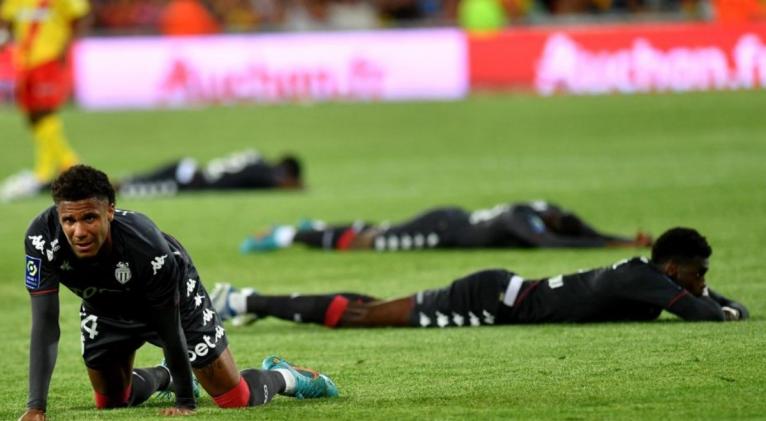Leagues and players against FIFA: A lawsuit that could shake football
especiales

The Union of European Leagues and FIFPRO Europe are preparing to lodge a formal complaint with the EU, arguing that the tight international fixture schedule endangers the health of footballers and breaches competition and antitrust rules.
In the coming days, the umbrella organisation of European leagues and the International Federation of Professional Footballers' Associations (FIFPRO) Europe will launch a legal offensive against FIFA before EU antitrust regulators.
This action comes at a critical time when the international competition calendar has grown disproportionately and, according to the complainants, is endangering the physical and mental well-being of players.
The complaint, which was first announced in July, comes just two weeks after the European Court of Justice sided with former French footballer Lassana Diarra, who claimed that FIFA's transfer regulations were in breach of European law and that FIFA and UEFA regulations, which are specific to association law, could not limit the application of other ordinary rules of a higher hierarchy.
This ruling opened the door for changes to the entire FIFA transfer system (to the detriment of clubs with existing contracts), particularly with regard to the termination of contracts by the player without just cause.
Prior to this ruling, in the event of unilateral termination, the player and the club were jointly liable to compensate the club that held the existing contract and was registered in a professional football league affiliated with FIFA.
This latest defeat for FIFA has inspired other organisations and athletes to take legal action against what they see as monopolistic practices by world football's governing body.
FIFPRO and the leagues argue that the packed calendar, which includes an expanded Champions League and a Club World Cup, is unsustainable for national leagues.
Elite clubs have expressed growing concern that, despite the high salaries received by footballers, they are being subjected to excessive physical and psychological pressure, which is having a detrimental effect on their overall well-being.
In defence of its position, FIFA maintains that the current calendar was unanimously approved by its Council after extensive consultation with FIFPRO and the leagues.
However, the European leagues, FIFPRO and LaLiga (Spain) claim that this extension of the calendar is an abuse of market power by FIFA, which is the only entity allowed to do so, exercising monopoly power (illegal under EU law).
This is not an isolated conflict. In June, players' associations from England, France and Italy filed a complaint with the Brussels Commercial Court. In May, FIFPRO and the World Leagues Association (WLA) warned FIFA President Gianni Infantino of possible legal action if the international calendar was not reviewed.
The European Commission, which is responsible for ensuring competition in the 27 European Union (EU) countries, has the power to sanction companies that engage in anti-competitive practices, although its jurisdiction does not extend to non-EU countries.
However, the Commission's decisions carry considerable weight in the world of football, as Europe is home to the most economically and sportingly influential leagues.
If FIFA is found to be engaging in monopolistic practices affecting footballers in the EU, the implications could be profound.
A negative ruling for FIFA could lead to the exclusion of European clubs from competitions such as the Club World Cup, an event where the financial strength and talent of European players are crucial to the success of the business and where it would be unthinkable to proceed without the participation of clubs from major global leagues (Italy, Spain, Germany, etc.).
Thus, in a climate of growing discontent, a new phase is opening up in the fight for a fairer football, where the health of the players and the fairness of the competition will be central, and where FIFA will have to navigate political pressure to prevent the matter from escalating to the point where an ordinary court will have to decide, something FIFA has always sought to avoid.
The pressure exerted by the leagues and FIFPRO could be the catalyst that changes the future of the world's most popular sport, where FIFA may have no choice but to engage in dialogue rather than impose (despite its claims that the decisions were taken in accordance with self-regulatory laws) ever more extensive global calendars.














Add new comment